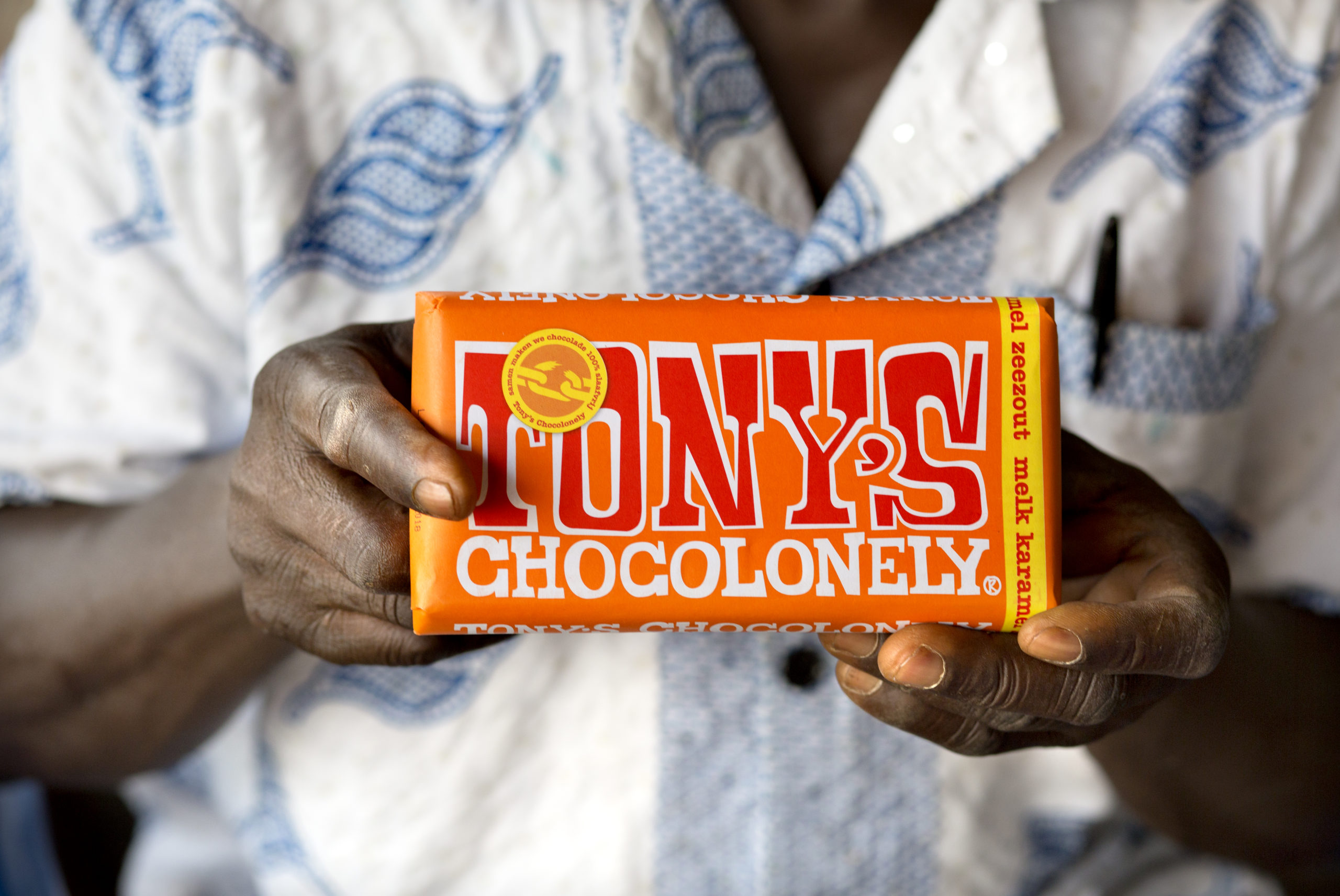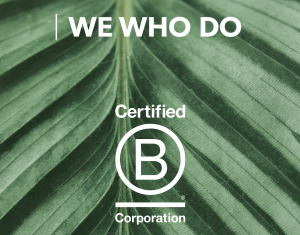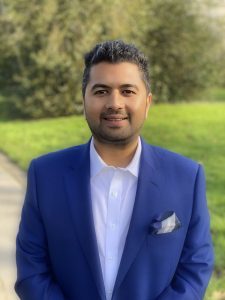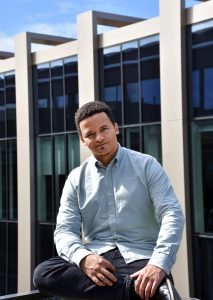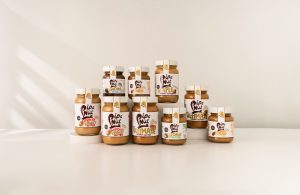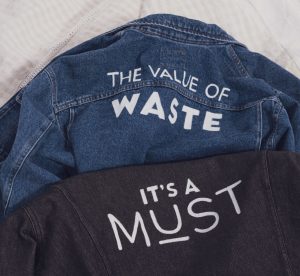
As ‘Choco Evangelist’, it’s Ynzo’s job to tell Tony’s Chocolonely’s story around the world: outlining the roadmap towards 100% slave-free chocolate, nurturing a purpose-driven team, and building a successful global brand.
So, what’s the story of Tony’s Chocolonely?
Ynzo: Nearly 20 years ago, a group of Dutch investigative journalists brought the issue of child slavery in the cocoa industry to the forefront. In their investigation, they found that none of the major chocolate manufacturers who signed the Cocoa Protocol were keeping their promises, and forced child labour continued throughout production lines. Teun van de Keuken started lobbying manufacturers to change their ways, and even handed himself in to the Dutch courts as a ‘chocolate criminal’ to emphasise the corruption from both consumer and producer perspectives.
Still unsatisfied, Teun started manufacturing his own chocolate bars in 2005 and this was the start of Tony’s. He called it Tony’s Chocolonely for ‘Teun’ (which no one outside the Netherlands could pronounce!), and ‘Chocolonely’, to represent his lonely battle to make ethical, slave-free chocolate.
Do you think the cocoa industry in general has changed for the better in this time?
Ynzo: The short answer is no. The NORC report recently estimated that 1.56 million children were involved in cocoa-related child labour in the Ivory Coast and Ghana in 2018-19, with 95% of them working in hazardous conditions. The fact that these 2 countries produce 60% of the world’s cocoa demonstrates how far-reaching these problems are. So, despite voluntary agreements being signed and agreed, systematic change simply isn’t happening.
There needs to be legislative action and a cultural shift, and that’s why our focus at Tony’s is so razor sharp: make 100% slave-free chocolate the norm. Our product range is simple, but our message is clear.
Can you tell us a bit more about Tony’s growth over the past few years?
Ynzo: Well, we’ve grown like crazy: we are now market leaders in The Netherlands, have expanded across Europe and the US, and have most recently launched in Japan and New Zealand. In all honesty, we had no intention of becoming a household name. All we wanted to do is grow awareness on the subject. It is about a global movement towards change, not a building global brand.

However, the thing is that if you want companies to change, they need to know about the issue. And to know about the issue, you need to grow big enough to tell them about it…You need to be able to show that you can be ethical, but also profitable.
Our reason for growth is not growth for the sake of growth, or even pleasing shareholders. It is showing you can change the world in an entrepreneurial way; you don’t have to be an NGO or activist, but you can change the system from within. Entrepreneurship and sustainability really go hand in hand for us. All we hope is that change happens
So Tony’s has come really far in the last 15 years… so where do you see it in another 15?
Ynzo: At the beginning of lockdown, it was really a question of how the pandemic would turn out for us. We took care of our team and cocoa farmers first, and then addressed how it would affect the business. Of course some parts have dried up, such as duty free and travel, but this has been compensated by our web shop sales. We’ve still managed to meet our fiscal year growth targets, and we are happy that people are still munching through chocolate during lockdown!
So in 15 years time, I really hope that we meet our mission statement and if there are still cases of forced child labour in the cocoa industry, then this is the exception rather than the rule. With incredibly tasty chocolate, we lead by example and show the world that chocolate can be made differently.
Throughout our series, there’s been a recurring theme that the way we approach sustainability needs to change – what are your thoughts?
Ynzo: For me, collaboration is the new competition. If we want to solve the problems of the world, we need to collaborate – it’s in everyone’s interest. Since our competitors are now the established brands, especially as we’ve become market leaders in The Netherlands, we want to inspire and form alliances with chocolate manufacturers. That’s why we formed Tony’s open chain platform.
This is an open source platform where chocolate making companies come together to change the norm, and agree to abide by our 5 Sourcing Principles, vowing to eradicate modern slavery and illegal child labour in cocoa by setting a new industry standard. It allows companies to be responsible for their involvement and ultimately drive structural change.
And I’d even take this a step further, and argue that an inversion needs to take place. In my view, every entrepreneur that is financially successful has a moral obligation to the planet to do something good with that financial success. Anyone that doesn’t do this, should be seen as anti-social enterprises, and placed on the fringes. We should stop positioning ourselves, and other social entrepreneurs, as niche, and instead take centre stage as the necessary future.

What can people do to get involved with Tony’s?
Ynzo: We want to make sure that people who eat our bars share our chocolate and our story. This is why our chocolate is unequally divided – we want people to tell the story to the person sitting next to them. By physically manifesting the inequality, it may make people stop and think about the product they are consuming.
We are also hosting Tony’s FAIR on the 3rd December, 7pm GMT. It is focused on building a fairer tomorrow and has a range of exciting guest speakers. We want people to come and celebrate the year’s achievement, reflect on challenges and find inspiration for a hopeful future. (You can register here!)
You can also sign the Tony’s petition here. And with your signature you are supporting human rights and child rights globally by making sure that manufacturers and retailers across all sectors — not just Big Choco — are held legally responsible for their supply chains.

